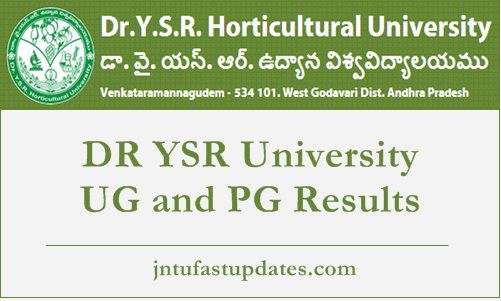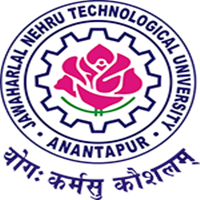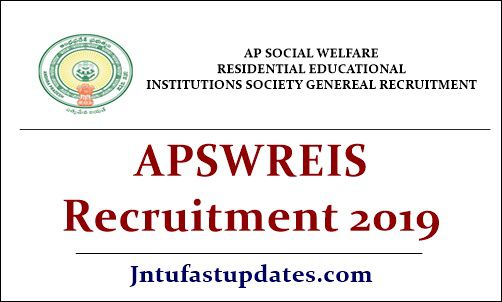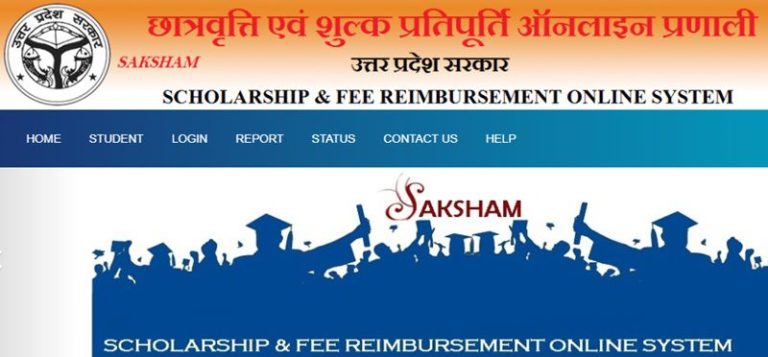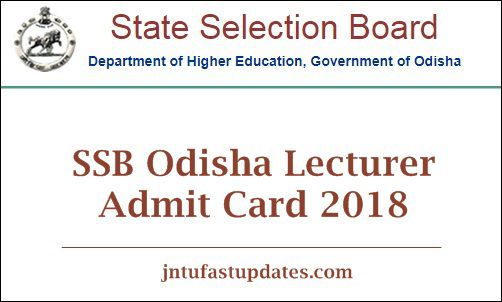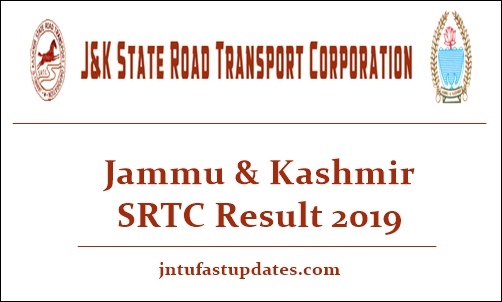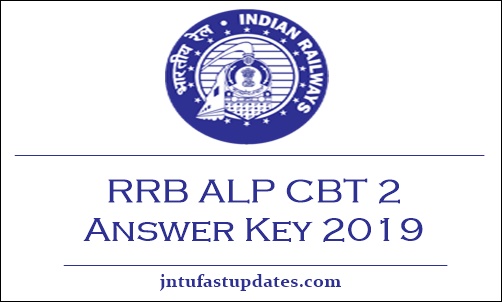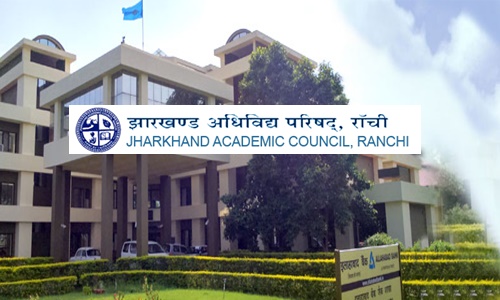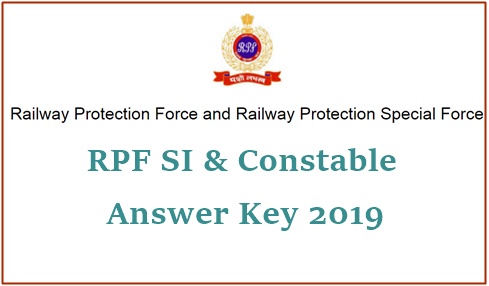UP Scholarship Status 2018-19: Uttar Pradesh state government offering scholarships for the students to continue their education. Students who are presently obtaining an education in the state of Uttar Pradesh can check the eligibility details, application process, documents required, scholarship scheme details, and other details from this article to get the clarity.
UP Scholarship Status 2019 – Check Online Uttar Pradesh Scholarship Students Names List Status
Students seeking to apply for education scholarship can check the following process to apply. Students must create the user ID and password to apply for the scholarship. Daily many of the students applied for scholarships in the state of Uttar Pradesh. Now, the students can go through the process to apply for scholarship in Uttar Pradesh.
How to check Uttar Pradesh Scholarship Status?
Step 1: Initially students need to visit the official portal of UP Scholarship, scholarship.up.nic.in
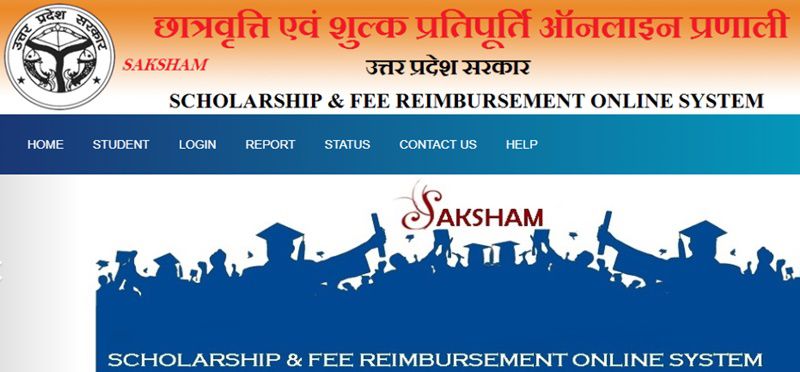
Step 2: Now tap on the “Status” tab on the homepage.
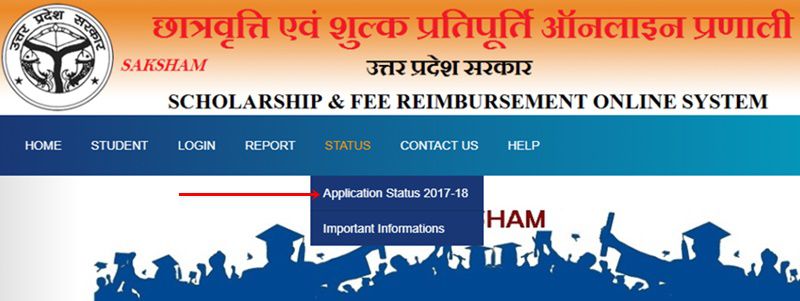
Step 3: Now, enter the details of the registration number and date of birth correctly.

Step 4: Now, tap on the search button and application status will be displayed on the screen.
Step 5: Download the form and take a printout for further references.
Important instructions related to UP Scholarship
- Uttar Pradesh Scholarship board offers the scholarship for all the students belongs to various categories, General, OBC, SC, and ST.
- Students from blacklisted colleges are not eligible to apply for scholarships. The colleges include Hathras, Chaudhary Babulal Institute of Technology and Management, Meerut and Shri Krishna College of Engineering and Technology, Excellence College of Professional Studies, and Baghpat.
- Students have to attach their bank passbook hardcopy along with the application form.
- Students have to submit their application forms at the corresponding department of their school/college.
- Students must provide the valid mobile number and email id while applying for the scholarship.
- Students must provide all valid and accurate documents while applying. If any of the fake or invalid documents attached along with the application there is a chance of rejection.
- To avail the scholarship, students must have passed with good marks in their previous classes. No scholarship will be allotted for the failed candidates.
- Students must maintain their details confidential without letting anyone know. The details like bank account number, IFSC code, class 10th/12th roll number, password, and other sensitive information to be kept confidential.
- Status of scholarship application can be verified from the official website once after the application form submitted.
- User ID and Password details must be entered in the official portal to check the passport status.
- Existing user id and password can be used to login to the portal.
- The scholarship status details will be up to date on the website. Hence the applicants can check the details from the portal.
- Stay checking the UP Scholarship portal on a regular basis to follow the instructions carefully. So, that students will not miss their scholarship.
UP Scholarship 2018-19
| Scholarship | Uttar Pradesh Scholarship |
| Article category | Scholarship status |
| Session | 2018-19 |
| lasses | Pre-matric, Post Matric |
| State covered | Uttar Pradesh |
| Official Website | scholarship.up.nic.in |
UP Scholarship Contact Details – Toll-Free Number, Email ID, and Phone Number
Students can complain to the authorities if they are facing any of the uncertainties in getting the passport. The UP Scholarship contact details such as phone number, email id, and toll-free number details are listed here.
UP scholarship customer care phone No. – 0522-2209270, 0522-2288861, 0522-2286199
Toll-free Number. – 18001805131 (Backward Class Welfare), 18001805229 (Minority Welfare)
Courses for which UP scholarship are available
UP Scholarship scheme includes the following classes. Students pursuing in Uttar Pradesh in the following classes can apply for the scholarship.
- Class 9th
- Class 10th
- Class 11th
- Class 12th
- Undergraduate Course
- Postgraduate Course
- Certificate programs
- Diploma/ Other Examination
UP Scholarship Eligibility Criteria
Students who wish to get the education scholarship in Uttar Pradesh must have the eligibility criteria as mentioned below.
- Domicile Criteria
A student must be a resident of Uttar Pradesh and must possess a domicile certificate issued by the competent authority. Also, must be enrolled in any of the UP school/college.
- Qualification Criteria
Pre-matric Scholarship: For class 9th and class 10th
Post-Matric Scholarship: For Class 11th and class 12th
UP Scholarship Post-matric other than 11-12, the scholarship will be allotted for students pursuing degree/PG in any of the colleges of UP.
- Income Criteria
For UP Pre Matric Scholarship, the annual income of the family must not exceed Rs 2 Lakh per anum (for all categories).
To avail, the post-matric scholarship, the annual income of the family must not exceed Rs 2 Lakh per anum (for all categories).
For Post Matric scholarship other than 12th, the annual income of the family must not exceed Rs 2 Lakh per anum (for all categories).
Income certificate also to be specified by the applications during the application process.
UP Scholarship Statistics for session 2018-19
The following table shows the scholarship status of 2018-19. That is the number of registrations, and forwarded registrations info can be seen from the below table.
| Session- 2018-19 | No. of registrations | Final submitted | Forwarded by Institution |
| Pre-matric class 9-10 | 3225859 | 2467862 | 2135536 |
| Post-matric class 11-12 | 2780783 | 2288898 | 2288898 |
| Post-matric other than 11-12 | 5348273 | 4172117 | 3707253 |
| Total | 11354935 | 8928877 | 7854843 |
UP Scholarship Application Form
Students wishing to avail the scholarship need to visit the UP Scholarship website, scholarship.up.nic.in. The UP Scholarship application form will be available on the homepage. By registering with user id and password students can apply for the scholarship. Students can apply with the specified dates.
How to apply for UP scholarship? (For New Registration)
Step 1: Visit the official website
Initially, visit the UP Scholarship website, scholarship.up.nic.in.
Step 2: Search the “Student” Tab
Tap the “Student” option, which is available in the menu bar of the homepage.
Step 3: New Registration
Choose the “new registration” link provided there.
Step 4: Selection of a category
Now, students have to select the category for which they belong to. There will be various categories (General, SC, ST, OBC) mentioned in the list.
Step 5: Fill the application form
Students have to fill up the online application with correct details. They have to provide the details such as their educational qualification, address, email id, phone number, and various other details asked in the application form.
Step 6: Upload the required documents
Upload the scanned copies of documents and attach along with the application form. The documents have to be in the prescribed format.
Step 7: Check and review
Finally, review all the filled details clearly once before going to submit the application form. Also, ensure all the needed documents attached or not.
Step 8: Submit the application
After the checking process has been done, students can finally submit the application form.
Step 9: Take a Printout
Students can take a printout of the application acknowledgment for further reference. Keep a hardcopy to refer it further.
After submitting the application form, students can track their status by visiting the UP Scholarship official website. Students have to log in with their user id and password to check the scholarship status.
UP Scholarship Application Fee
No application fee/ registration fee or any other charges are applicable (for all categories of candidates).
UP Scholarship Required Documents
Students have to attach the following documents while filling up the application form.
- Aadhar Card
- Domicile Certificate
- Annual Income Certificate (online generated)
- Caste Certificate
- Bank Pass Book
- Annual Non Refundable Amount
- Receipt of fee submitted in the school/college
- Current registration number of present board/university
- Mark Sheet and certificates of the qualifying examination
- Fee Receipt Number
- Latest Passport Size Scanned Photograph
- Other relevant documents and certificates
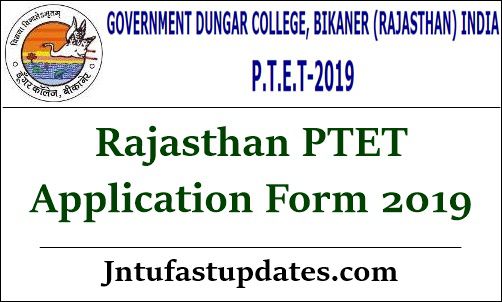

320-x100(1).gif)

